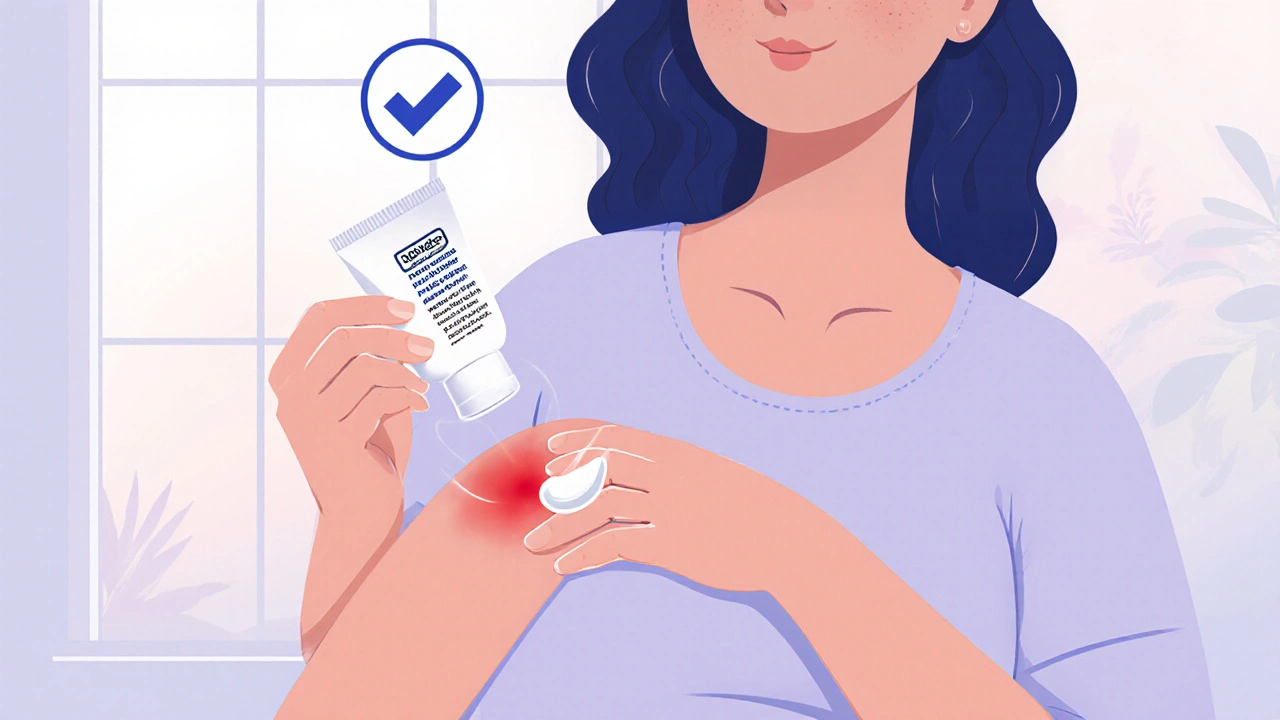Safe Skincare During Pregnancy: What Works and What to Avoid
When you’re pregnant, your skin changes—sometimes in ways you didn’t expect. Dark spots, breakouts, dryness, and sensitivity are common. That’s why many women turn to skincare, but not all products are safe. Safe skincare pregnancy, the practice of choosing topical products that support skin health without exposing the developing baby to harmful chemicals. Also known as pregnancy-safe cosmetics, it’s not about avoiding all products—it’s about knowing which ones to use and which to skip. Many common ingredients in serums, creams, and treatments can cross the placenta or affect hormone levels, even if they’re applied topically. That’s why just because something works for your skin doesn’t mean it’s safe for your baby.
One of the biggest red flags is topical retinoids, vitamin A derivatives like tretinoin and retinol that are widely used for acne and anti-aging. Also known as retinoid creams, they’re linked to birth defects when used in high doses during early pregnancy. Products like Retino A Cream 0.05% may seem harmless as a cream, but they’re not recommended. The same goes for hydroquinone, a skin-lightening agent found in Eukroma cream, which has limited safety data in pregnancy and is best avoided unless a doctor says otherwise. Even some natural oils and essential oils can trigger reactions or hormonal shifts. On the flip side, ingredients like zinc oxide, niacinamide, glycerin, and ceramides are well-studied and generally considered safe. They help repair your skin barrier, reduce redness, and lock in moisture without risk.
What about sunscreen? Absolutely use it. UV exposure during pregnancy can worsen melasma, a condition that causes dark patches on the face. Mineral sunscreens with zinc oxide or titanium dioxide are your best bet—they sit on top of the skin and don’t get absorbed. Hydration matters too. Drinking water and using gentle cleansers help keep your skin balanced. Avoid chemical peels, laser treatments, and any procedure that’s not medically necessary. And if you’re unsure about a product, check the label. If it lists retinoids, salicylic acid above 2%, or hydroquinone, put it back. Your skin will thank you later.
Below, you’ll find real comparisons and clear guides on what’s safe, what’s risky, and what alternatives actually work during pregnancy. From hydroquinone creams to retinoid swaps, these posts give you the facts—not hype—so you can care for your skin without worry.
Safe Topical Medications and Creams During Pregnancy: What You Can and Can’t Use
Learn which topical creams and medications are safe to use during pregnancy for acne, eczema, fungal infections, and more. Avoid risky ingredients like retinoids and NSAIDs after 30 weeks.
Read more
